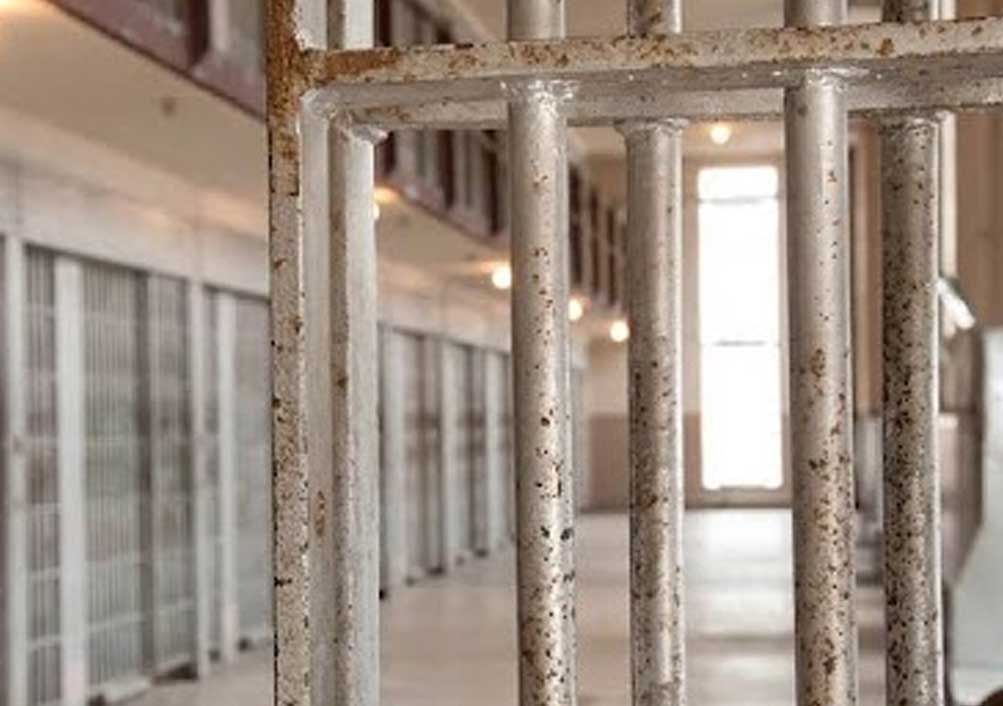Plea of juvenility has to be raised in bonafide & truthful manner, rules Apex Court

Read Judgment: Manoj @ Monu @ Vishal Chaudhary V. State of Haryana & Anr.
Pankaj Bajpai
New Delhi, February 16, 2022: Finding that the school leaving record was not reliable and seemed to be procured only to support the plea of juvenility so as to seek benefit of protection from prosecution in criminal case, the Supreme Court has ruled that if the reliance is on a document to seek juvenility which is not reliable or dubious in nature, then the accused cannot be treated to be juvenile keeping in view that the Juvenile Justice Act is a beneficial legislation.
A Division Bench of Justice Hemant Gupta and Justice V. Ramasubramanian observed that the plea of juvenility has to be raised in a bonafide and truthful manner.
Going by the background of the case, Manoj (Appellant) was arrayed as an accused in respect of an occurrence in 2011, wherein the allegation against the appellant was that he waylaid a car and snatched Rs. 22 lacs from the occupants of the car. The complainant was one of the occupant of the car, whereas, another occupant Bhim Singh lost his life on account of bullet fired on him. During the pendency of the trial, the appellant moved an application claiming that he was a juvenile as on the date of the incident, relying upon his school record disclosing his date of birth.
The Additional Sessions Judge accepted the plea of the appellant and declared him to be juvenile, as 16 years 8 months and 5 days old on the date of incident as per the Ossification Test report. On appeal, the High Court relied upon the family register prepared under The U.P. Panchayat Raj (Maintenance of Family Register) Rules, 1970 to hold that the appellant’s plea of juvenility cannot be allowed. Hence, present appeal.
After considering the submissions, the Top Court found that date of birth certificate has been arranged to claim benefit under the Juvenile Justice (Care and Protection of Children) Act, 2000, and hence, date of birth certificate produced by the appellant cannot be relied upon as it was obtained after filing of the application u/s 7A of the Act.
The ossification test cannot be reasonably expected to formulate a uniform standard for determination of the age of the union of epiphysis on account of variations in climatic, dietetic, hereditary and other factors affecting the people of the different States of India, added the Court.
Speaking for the Bench, Justice Gupta observed that Rule 12(3) of the Juvenile Justice (Care and Protection of Children) Rules, 2007, provides that birth certificate issued by corporation or municipal authority or a panchayat is a relevant document to prove the juvenility, and the family register is not a birth certificate.
Therefore, finding that the appellant has approached the Court with unclean hands as the documents relied upon by him are not genuine and trustworthy, the Apex Court concluded that the appellant cannot be given benefit of juvenility.
Sign up for our weekly newsletter to stay up to date on our product, events featured blog, special offer and all of the exciting things that take place here at Legitquest.




Add a Comment